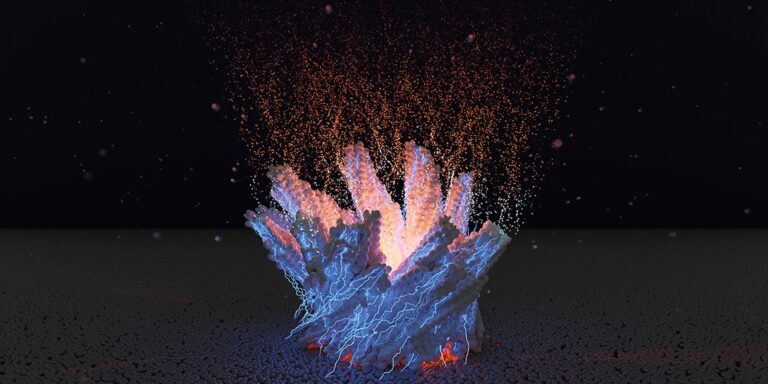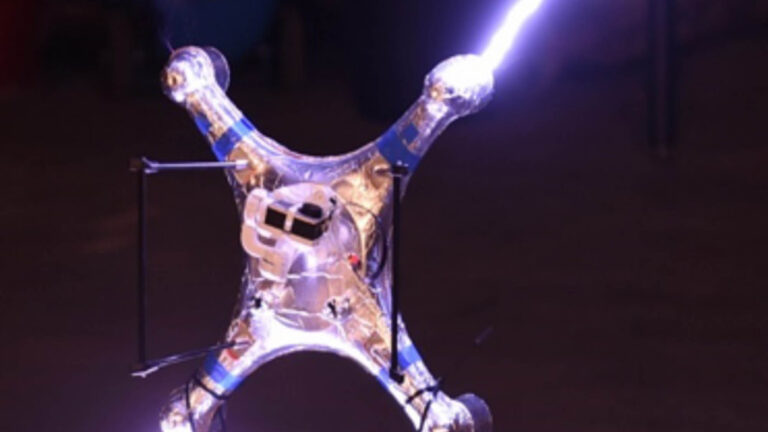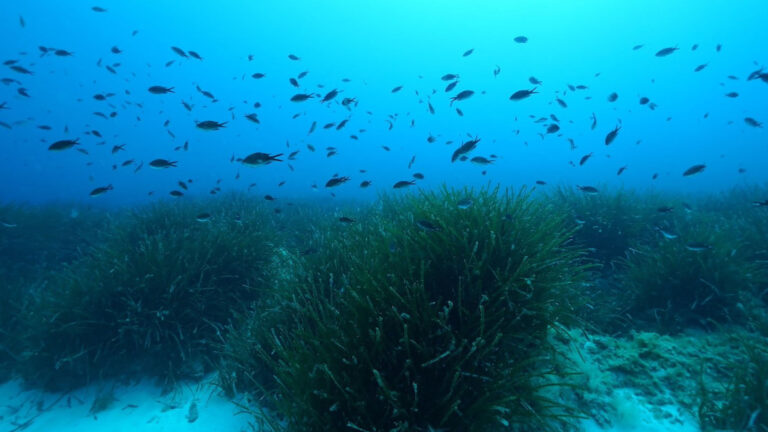
The filaments of the enzyme HDCR, which produces formic acid from gaseous hydrogen (H2) and carbon dioxide (CO2), are wound around each other like a plait. Undated photo. (Verena Resch, luminous-lab.com/Newsflash)
High-Speed Storage Of CO2 Discovered In Bacteria Could Help Fight Climate Change
An international team of scientists has discovered a new way of high-speed storage of carbon dioxide in a bacterial enzyme that could eventually help fight climate change. The accumulation of…


